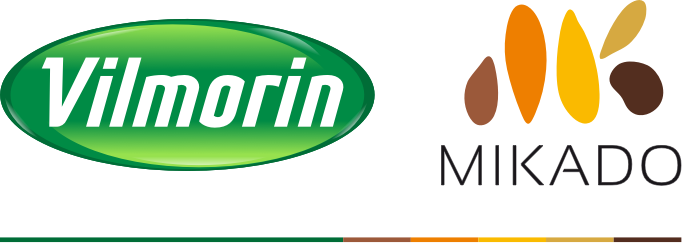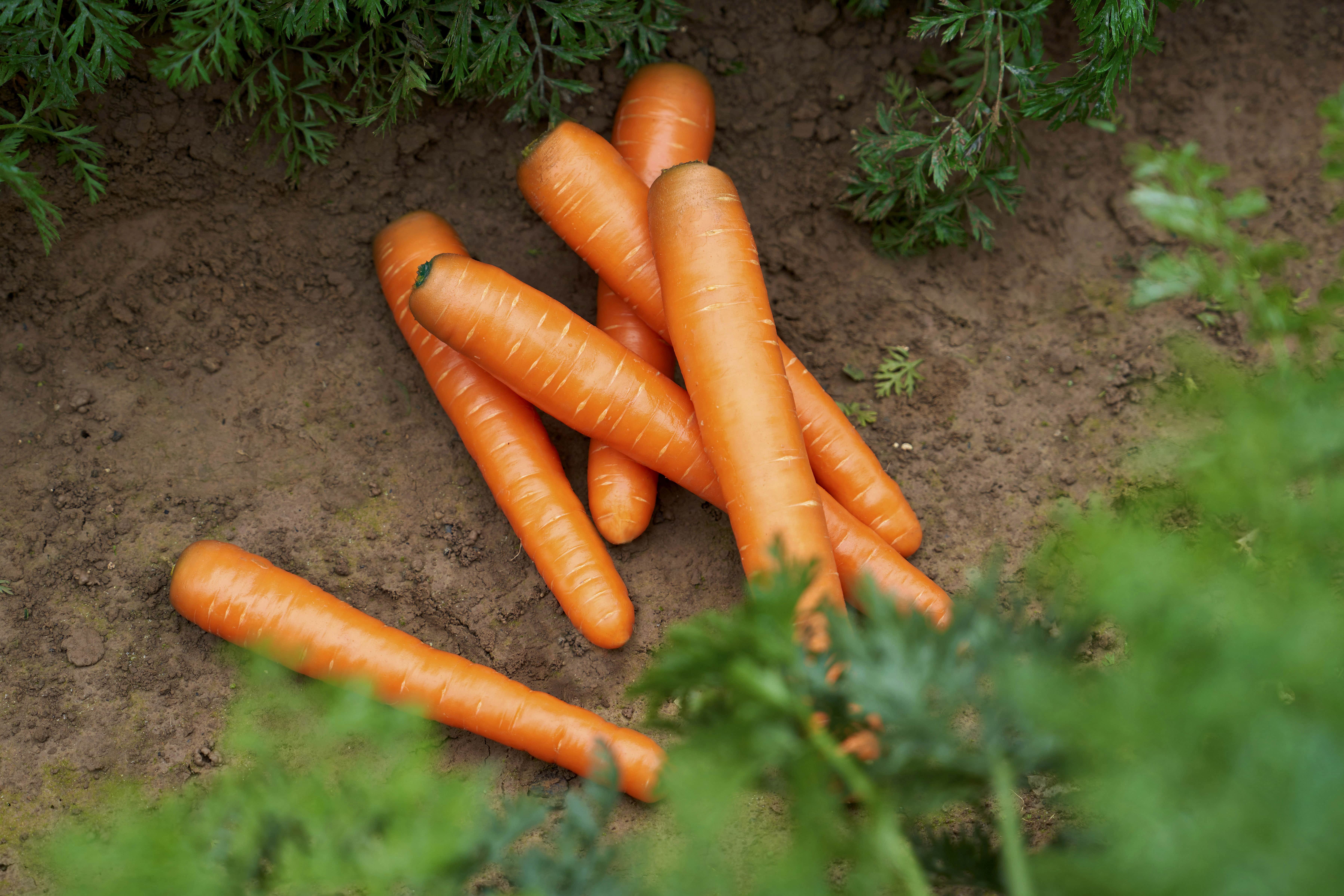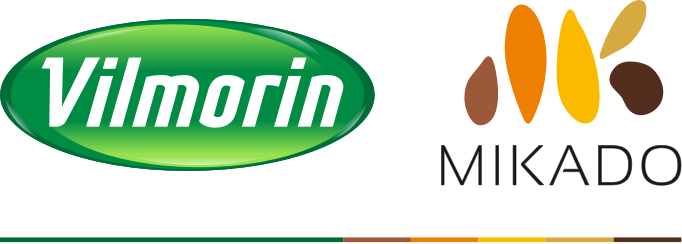Vilmorin-Mikado: The art of producing carrot seeds
Go backWith over 280 years' experience in vegetable seeds, Vilmorin-Mikado is a world expert in carrot seeds. This iconic vegetable is one of the most widely consumed in the world. Its distinctive taste and the many ways in which it can be cooked have earned it a special place in our diet.
But to enjoy these carrots, someone has to produce them. And to produce them, farmers need seeds. So how is the seed produced? Discover this meticulous, technical process.
What quantities should we produce and what supply strategy should we use?
It all starts with an assessment of our customers' needs. We identify the varieties to be produced, forecast sales and assess what stocks are available to meet demand. This planning is carried out twice a year and takes into account our production in both the northern and southern hemispheres.
We then have to determine where and when to establish the crop so that we can harvest the seeds while diversifying our production sources in order to secure product availability. Several other factors also come into play: agronomic constraints, such as the presence of wild plants that can affect varietal purity in the long term, and climatic constraints, that can disrupt both pollination by bees and the harvest.
How can we produce in large quantities?
To ensure seed production, we work with farmers who act as seed multipliers. These experts have specific equipment for sowing, harvesting and cleaning vegetable seeds. Once the plants have gone to seed, they cut off the upper part and then use a combine harvester to harvest the crop. The seeds are then pre-cleaned to eliminate waste, and transported to our plant in La Ménitré (Maine-et-Loire, France).
Technical support for seed multipliers is essential to maintain seed quality. “We've been working with some of them for many years,” points out Laurent Mercadié, carrot seed procurement officer at Vilmorin-Mikado.
Checks to maintain quality
The quality of our seeds is guaranteed by rigorous checks at every stage of the process. Each batch is assessed as soon as it is received: origin, moisture content, quality and traceability are all checked. Genetic purity tests confirm the variety, while health tests ensure freedom from disease.
The germination rate is also analyzed. Evelyne Chaumat, head of the quality control laboratory, explained that every carrot analysis is certified. “In this way, we guarantee reliable results for our customers,” she added.
Clean, optimize, calibrate and sort the seeds
To guarantee the purity of the seeds, they are first cleaned using machines that remove dust and small debris. Depending on the results of the health tests, they can also be disinfected to prevent certain carrot diseases.
Our teams then sort and calibrate the seeds to ensure precise sowing and uniform growth. Size, shape, color... nothing is left to chance.
Distribution of seed worldwide
Depending on the specific needs of our customers, seeds can be physiologically optimized. Activation promotes rapid, even germination, while coating makes them easier to put in the seeder and ensures better germination capacity.
After undergoing the quality control, cleaning and optimization stages, the seeds are packed in our factory before being shipped all over the world.
With the intensification of climatic and regulatory constraints (water scarcity, appearance of new viruses, etc.), seed production is faced with multiple challenges, which it must confront with the same objective as always: to guarantee the quality and quantity of seeds needed for a sustainable food supply.
And it is thanks to this rigorous process that we are able to market an innovative carrot variety that meets growers' expectations: Orchestro F1:


 Our sites
Our sites




